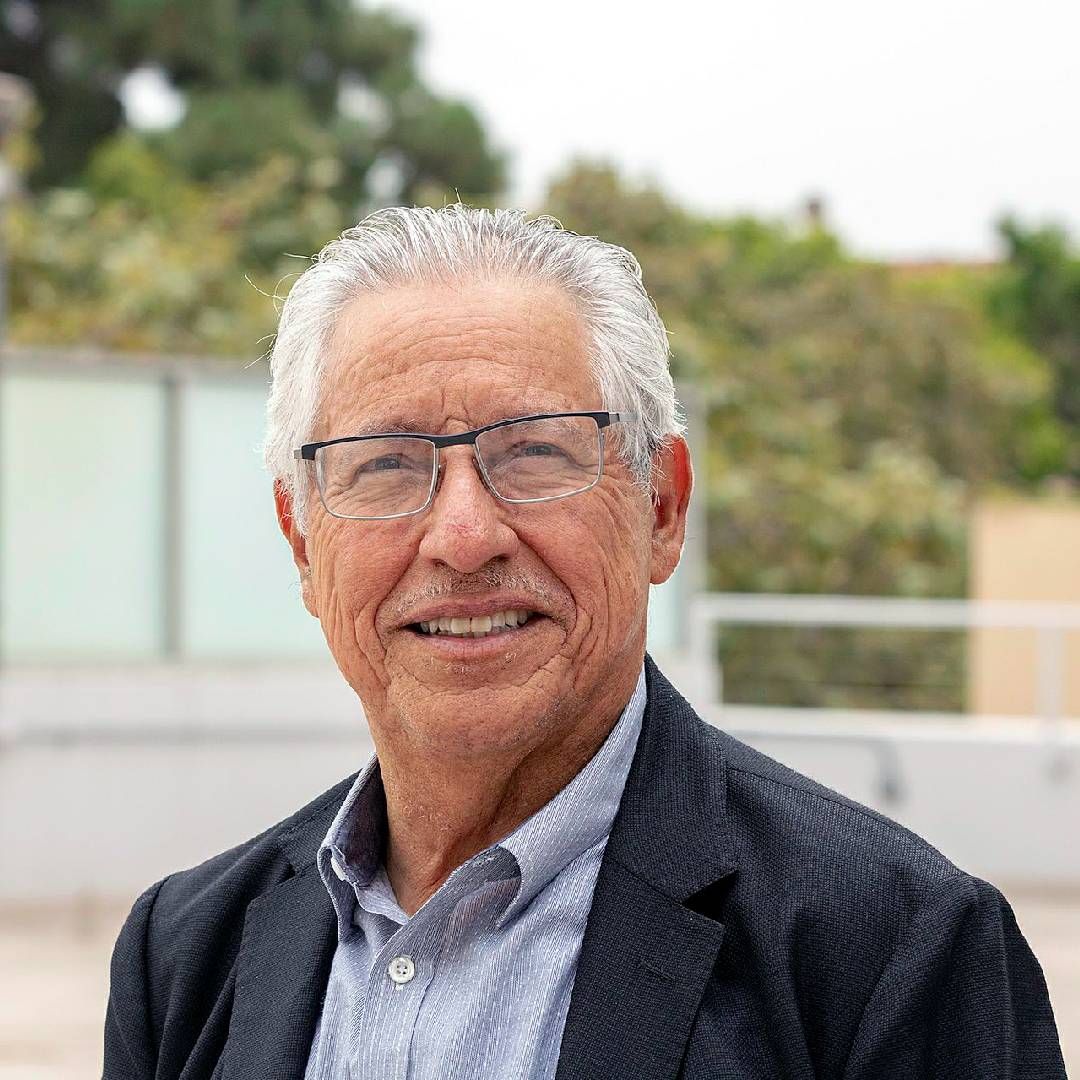Fernando Torres-Gil: Fixing the Caregiver Shortage
As a senior adviser to three presidents and a respected academic, Fernando Torres-Gil has long advocated for older adults and caregivers, and explains why robust immigration is good
Fernando Torres-Gil is one of those achievers who's exceled in academia — he is professor emeritus of social welfare and public policy at UCLA — and in Washington. Presidents Carter, Clinton and Obama named him to high federal posts, including first-ever U.S. Assistant Secretary on Aging. He also was a White House Fellow and staff director of the House Select Committee on Aging.

After being named an Advocate for Aging, Professor Torres-Gil agreed to talk about some of the biggest aging issues the country currently faces.
This interview has been edited for length and clarity.
On the least-discussed problem of aging in America
At the top of the list is caregiving, and the lack of home- and community-based long-term care services for all but the very poor. That should be at the top of the agenda, but other than among those directly impacted and their advocates, it does not get nearly as much attention as it should.
"We all are going to depend primarily on immigrants, refugees and low-income minorities to both sustain the entitlement programs financially and to provide the long-term care workforce."
On immigrants' impact on the U.S.
(Another) issue that doesn't get attention is the connection between aging and immigration. The reality is that in the years to come, we will need to replenish our workforce since native born Americans no longer reproduce themselves. We all are going to depend primarily on immigrants, refugees and low-income minorities to both sustain the entitlement programs financially (by paying taxes) and to provide the long-term care workforce. All the debates about immigration — on both sides — neglect to address this critical issue.
On looming trouble with long-term care
When I speak to audiences on long-term care, I ask them, 'How many of you think you might need help to take care of your grandmother or your disabled child?' Of course, everyone raises their hand. Then I ask them, 'How many of you can depend on your children to care for you?' Most people say, 'My kids will take care of me.' Then I ask, 'How many of you raised your children to become in-home supportive services workers?' Of course, no one raises their hands because they want the kids to be engineers, tech billionaires, doctors, lawyers and so on.
The point is, we don't value that kind of work. Somebody's going to have to help you when you can't care for yourself, and who might that be? Immigrants, refugees, undocumented persons and low-income minority women — persons we value less.
We have a (caregiver) labor shortage now. Young caregivers now will not work for $12 an hour to take care of a disabled person, not when they can go to In-N-Out (a chain of restaurants) and get $18, $19, almost $20 an hour and be better treated, have health insurance and have a job that doesn't wear them down physically.
On legislative efforts to address these problems
"There is already excellent advocacy on behalf of the long-term care of the workforce and the need to put caregiving higher on the policy agenda."
There is already excellent advocacy on behalf of the long-term care of the workforce and the need to put caregiving higher on the policy agenda. In fact, President Biden and his administration adopted a caregiving long-term care plan to provide more support for families who are taking care of elders and disabled persons and has support for home care workers. So, the good news is it does get to the top of this administration agenda, which means more folks understand the importance.
Here in California, caregiving is at the top of our agenda, and we have full support from the governor and the legislature to enhance compensation for long-term care workers and to move toward what we hope might be public financing for caregiving and long-term care.
On how aging issues will be treated in the election
It's going to be strictly mudslinging, distortions and lies, no substantive discussion. However, both sides will demagogue Social Security and Medicare. Both sides will talk about how they're going to protect Social Security Medicare, but no one will talk about the realities of how to address financial shortfalls and how to expand benefits under those programs.
"The Older Americans Act is the only federal program to provide community-based supports, which are essential for giving individuals options to stay in their home state or community."
On reauthorizing the Older Americans Act
The Older Americans Act is the only federal program to provide community-based supports, which are essential for giving individuals options to stay in their home state or community. It's an extraordinarily successful program, ranging from elder-care support services to ombudsman to congregate meals, to transportation, and so on. And it has a well-organized Aging Network as an infrastructure. But it's been extraordinarily underfunded. The real priority is expanding overall funding.
The good news is that least some years back, we in the disability community teamed up with the aging community at AARP and we brought together programs for older persons and younger disabled through the Administration for Community Living, ACL. So, with the Older Americans Act, keep it as it is and just add more funds and strengthen the authority and reach of the Administration for Community Living. It works.


